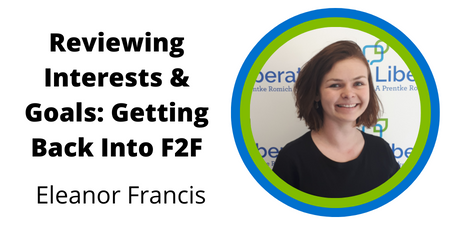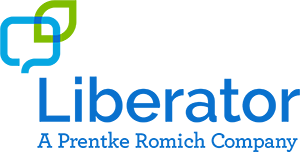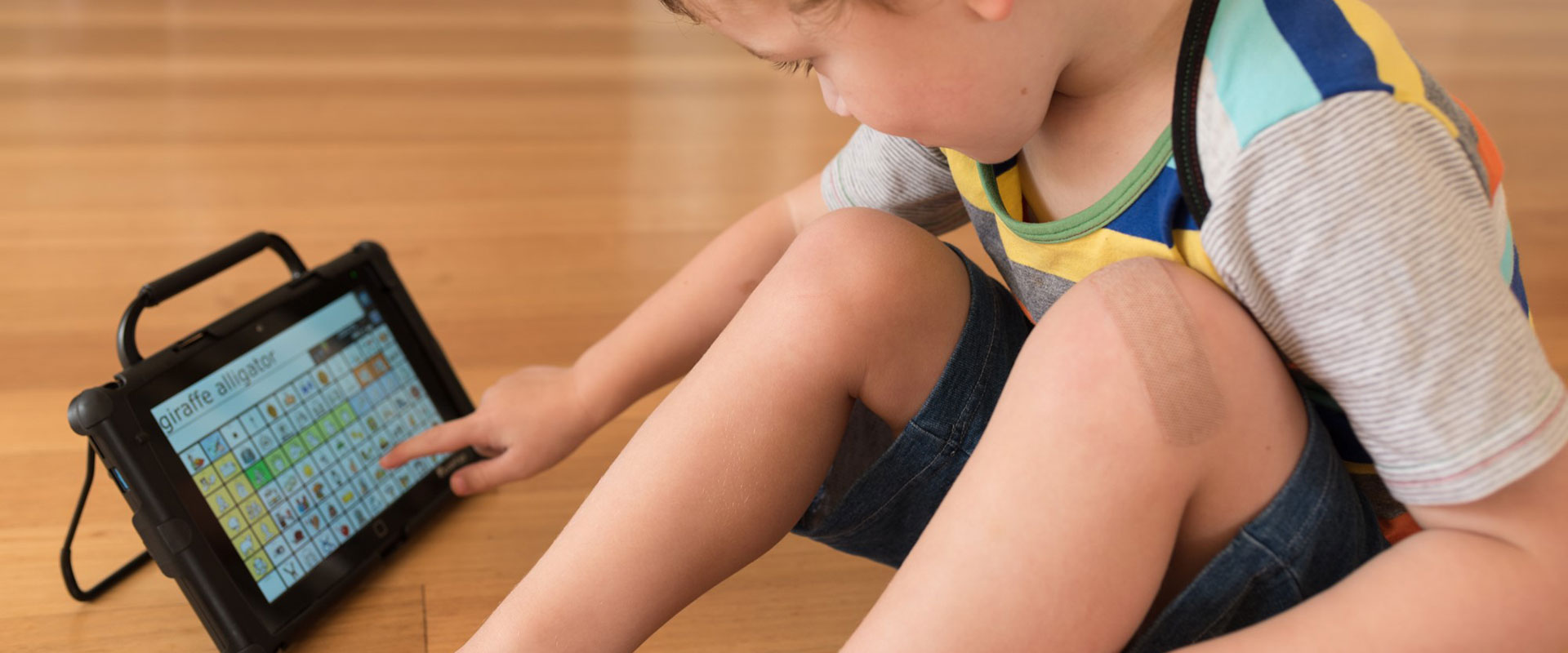Reviewing Interests & Goals: Getting Back Into F2F by Eleanor Francis

How great are home visits? One thing I love about working as a mobile therapist is spending time with my clients and their families in their own environments during their everyday routines. After many months of seeing clients through a screen, this week I have been getting back into the swing of mobile, face to face therapy services in Victoria.
Have I made multiple return trips for tech and PPE that I have forgotten? Yes. Is the backseat of my car looking like a toy store? Also, yes.
The last 18 months has looked very different for everybody. Some clients and their families have participated in regular direct telehealth or communication partner coaching while others have elected to take a break until we could resume in person services.
When planning my return to face-to-face client services I have been asking myself two big questions.
- Current interests and motivation; what are they into? Do I know what cool stuff will be interesting to talk about?
- Communication competencies; where are we up to and what is important right now?
Current interests and motivation:
Have my clients interests changed? In some cases, it has been 6 months since regular therapy has been possible. A lot can change in this time! Is Olivia Rodrigo still rad? Do trains still inspire passion and engagement? How do we feel about slime right now?
There may be some trusted toys that are always a hit (Morgan's top toys Blog post) however, following a break or over time you might find some old favourites falling flat.
- Check in with the experts; clients, siblings, parents and carers
- Complete an Interest inventory
- Observe what catches interest in your sessions and follow their lead
I see a vital part of our role being able to provide opportunities for clients to explore activities they don’t know that they like yet. Presenting new books, games, toys, words in a fun and meaningful way may lead to a new interest and a multitude of opportunities to chat. If anything is a flop you have a great opportunity to model ways to reject unwanted items!
“stop”, “finish”, “no”, “I don’t like”, “boring!”
A young man who I work with has a long term love of maps and has recently been learning about transportation. By following these interests we built the Ghan across his kitchen table ensuring we had enough train track to make it all the way down to South Australia.
During another session this week, a client explored a variety of new activities and they let me know that bowling is a “no”, blocks, buildings and train tracks are now pretty interesting and long balloons with a pump are no longer cool.
Communication Competencies:
Has there been a change in communication skills and priorities?
While some clients have thrived in the slowed pace and additional time with family, others have been challenged by the changes to routine and additional pressures on their families and time away from school and their friends.
So how do we work out if we need new goals? Should we be setting new goals anyway?
Alongside conversation with clients, families and others here are some handy assessment tools to build a picture of current communication modalities and skills;
- Check out our Assessment & Evaluation page for some examples of assessments that might be useful including;
- The AAC Profile
- Communication Competencies
- Operational
- Linguistic
- Social
- Strategic
- The Communication Matrix
- Communication Competencies
- Completing a Communication forms and functions checklist
- Reviewing available data
- Realize Language
- The AAC Profile
Some examples of changing goals and priorities I have seen this week include;
- A client whose operational skills have increased significantly during lockdown including transitioning between environments with his device, controlling device volume and participating in the charging routine. He has had reduced contact with people outside of his immediate family so an initial focus will be providing opportunities to develop his social competency by interacting with peers and community helpers.
- A group of new support workers with no previous AAC experience. An initial target is to develop communication partner skills and strategies.
- Moving beyond the ‘basics’- with spontaneous requesting, rejecting and directing the actions of others occurring consistently across environments, changing focus to provide more explicit opportunities during academic participation.
- Anxiety and distress necessitating a focus on emotional literacy and accessing activities to co-regulate to maintain readiness to learn.
Written by Eleanor Francis, Liberator clinician.


